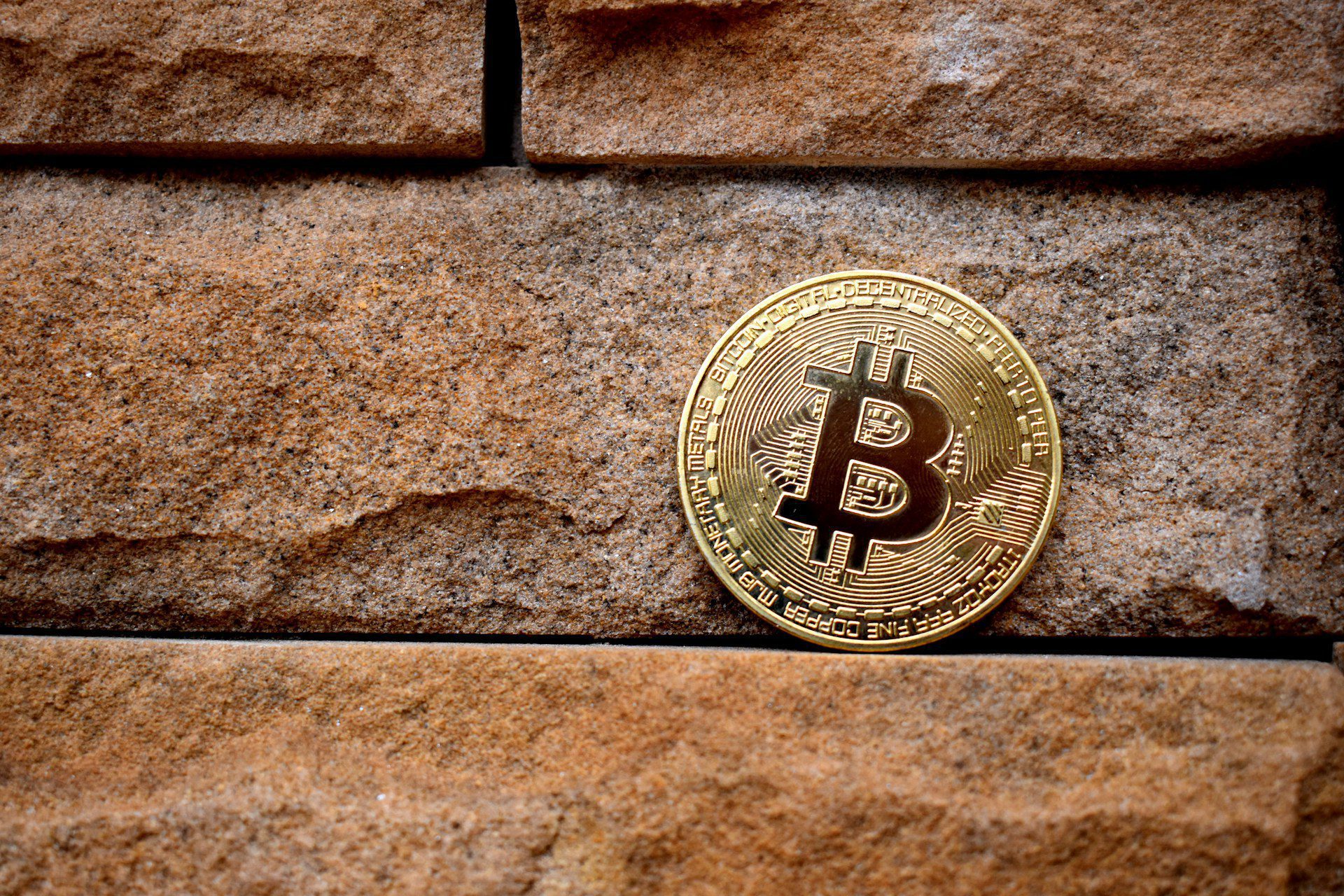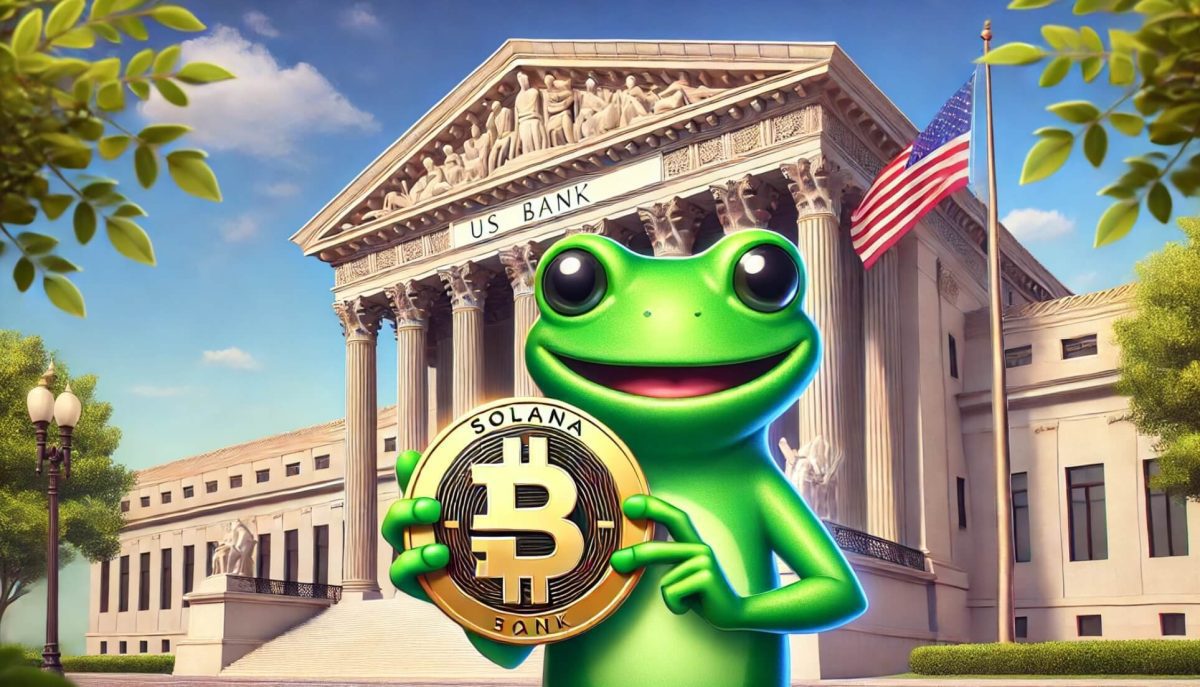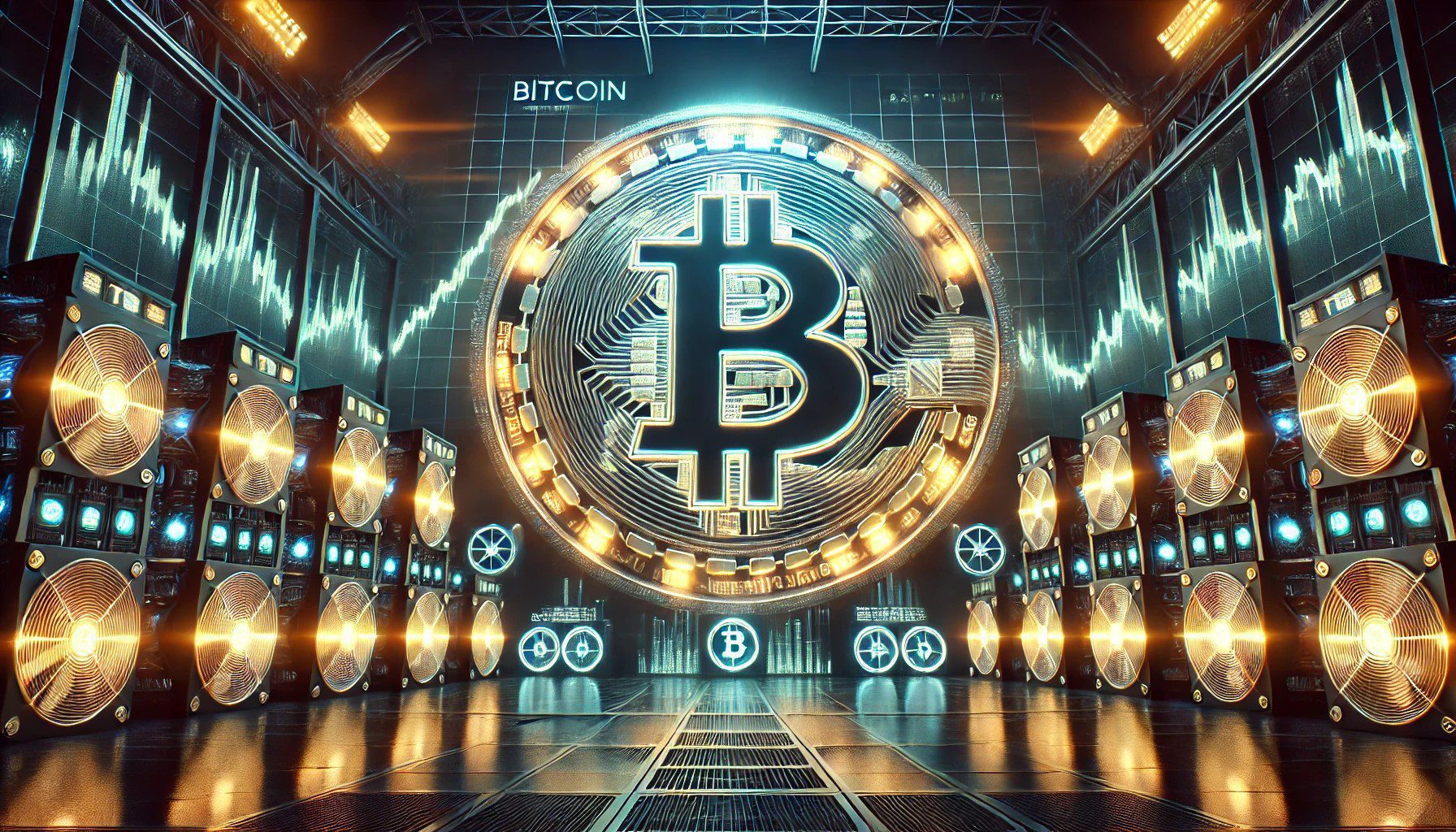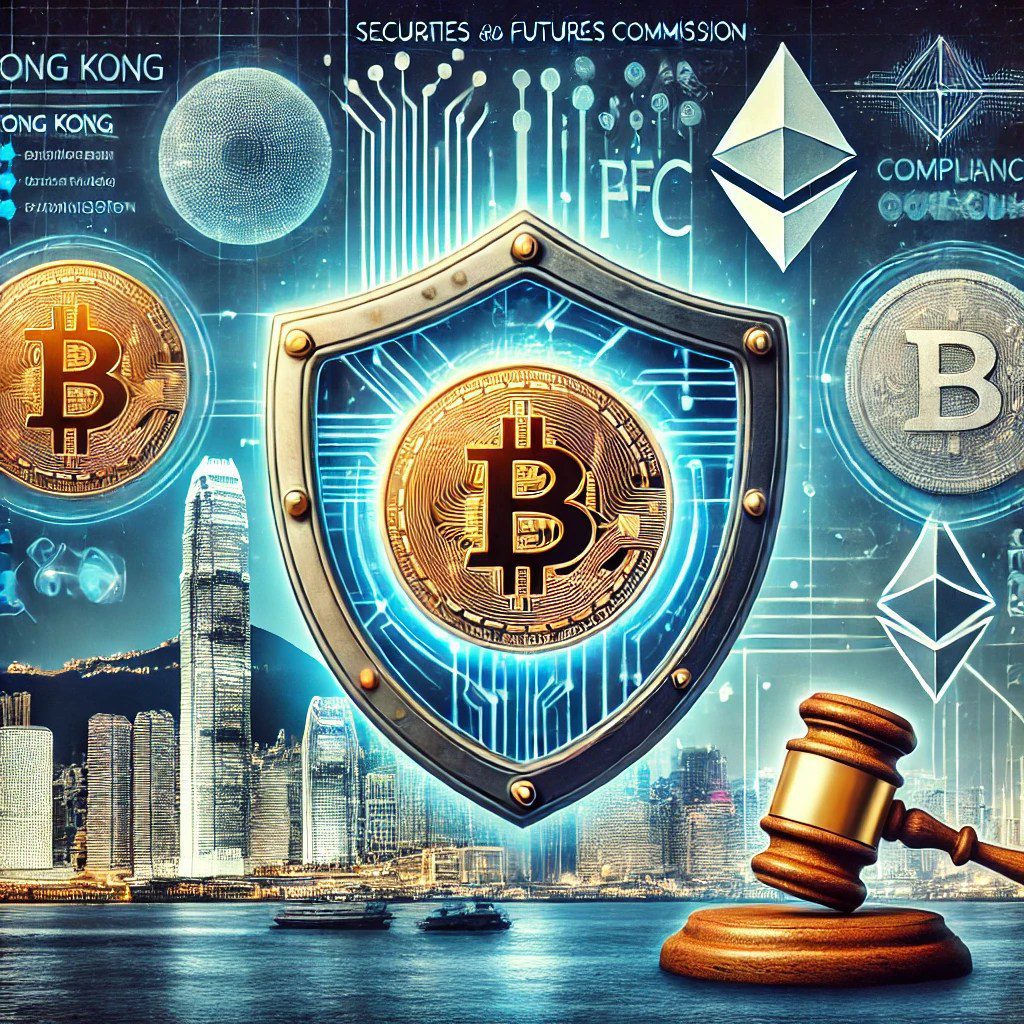The GameStop (GME) saga of early 2021 goes beyond the struggles of a traditional video game retailer; it signifies a transformation in the stock market landscape, showcasing the influence of retail investors and social media on financial markets. This article delves into the GameStop phenomenon, its origins, the events that led to a historic surge in stock prices, and the wider implications for the stock market.
Background: Challenges Faced by GameStop
Prior to becoming a focal point of global financial interest, GameStop encountered significant difficulties. The emergence of digital gaming platforms and the challenges posed by the COVID-19 pandemic worsened the situation for traditional brick-and-mortar retailers like GameStop. The company’s stock price had been dwindling, prompting many institutional investors to bet against it through short selling.
The Turning Point: Retail Investors vs. Hedge Funds
The game changed when a group of retail investors on the r/wallstreetbets subreddit decided to take on the shortsellers. Recognizing that hedge funds had heavily shorted GameStop’s stock, these investors initiated a buying spree to trigger a ‘short squeeze’. This tactic proved successful, leading to a massive surge in GameStop’s stock price and causing substantial losses for the short sellers.
The Outcome: Unprecedented Stock Surge
Starting at a modest $17 in January 2021, GameStop’s stock value soared to nearly $350 later that month. This extraordinary spike not only captured global attention but also underscored the growing impact of retail investors in the stock market. The event was marked by exceptional volatility, with platforms like Robinhood temporarily halting the purchase of GameStop and other affected securities, a move that sparked widespread criticism and legal contests.
Aftermath and Consequences
The GameStop phenomenon had extensive repercussions, highlighting the evolving dynamics of the stock market. It showcased the potential for coordinated actions by retail investors to sway stock prices and challenged the traditional hierarchy in financial markets. Nonetheless, it raised concerns about market manipulation and the hazards linked to speculative trading fueled by social media.
Recent Events: The 2024 Rally
Despite the initial frenzy dying down, GameStop’s stock witnessed another surge in May 2024, leaping over 170% in a week following a viral meme on Twitter. This unexpected rally, alongside similar movements in stocks like AMC and BlackBerry, emphasized the continued impact of social media and retail investor activism on the stock market.
Conclusion
The GameStop phenomenon exemplifies the democratization of the stock market, demonstrating the collective power of action by retail investors. While it illustrates the potential for grassroots movements to disrupt established financial norms, it also raises crucial questions about market stability, regulatory supervision, and the role of social media in financial decision-making. As the GameStop narrative progresses, it remains a pivotal case study in the evolving landscape of global finance.





